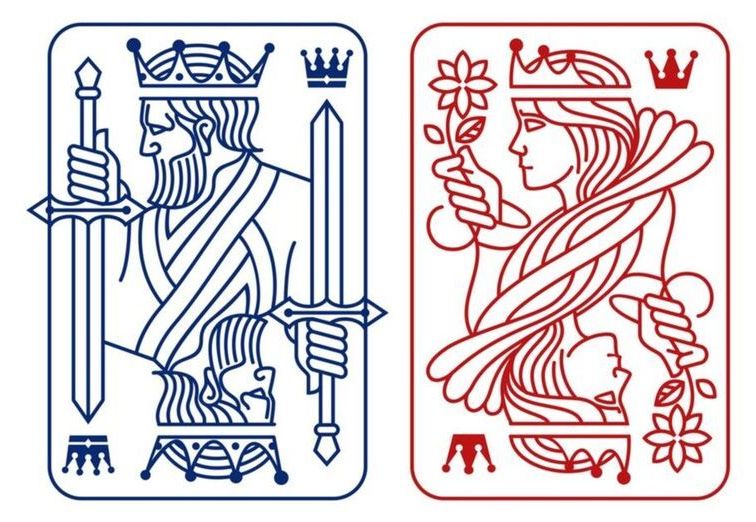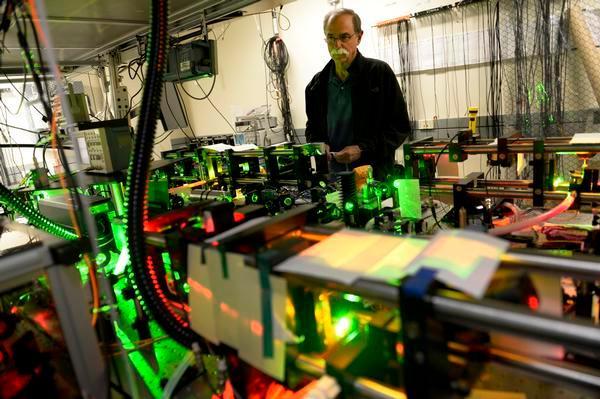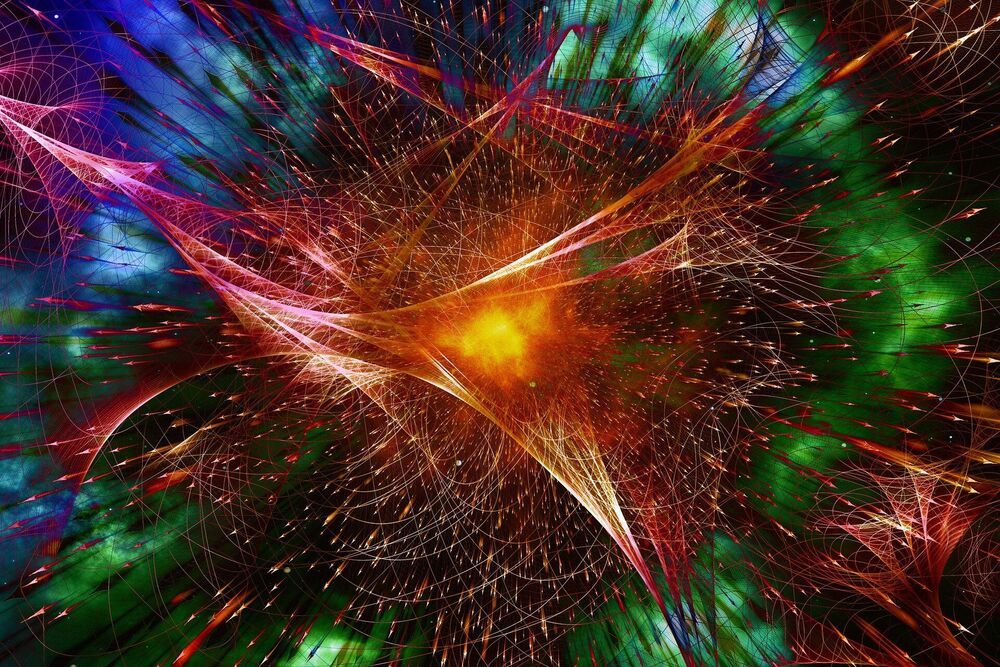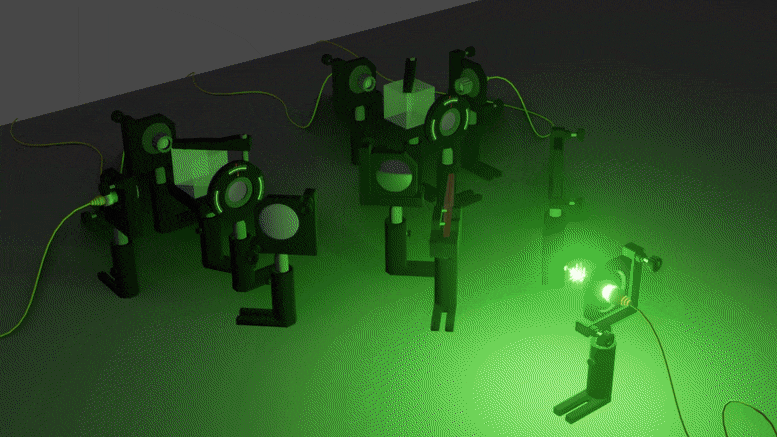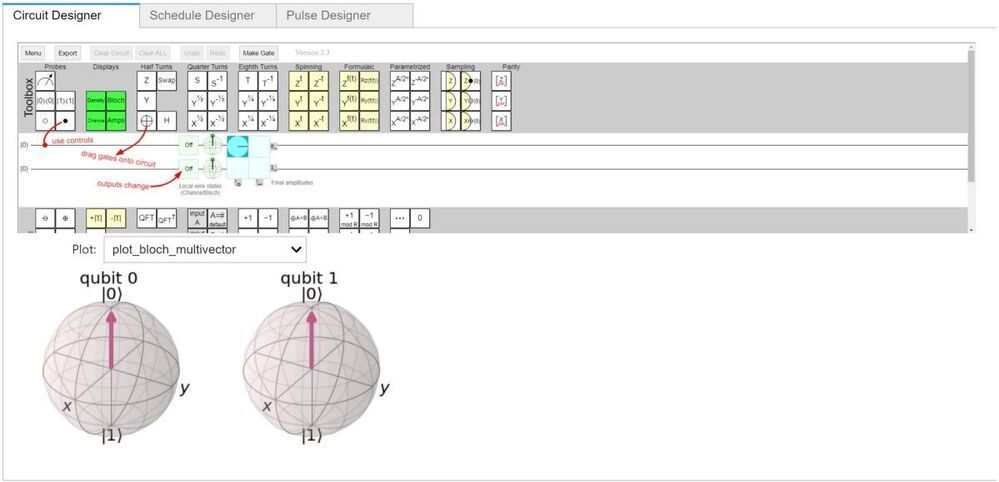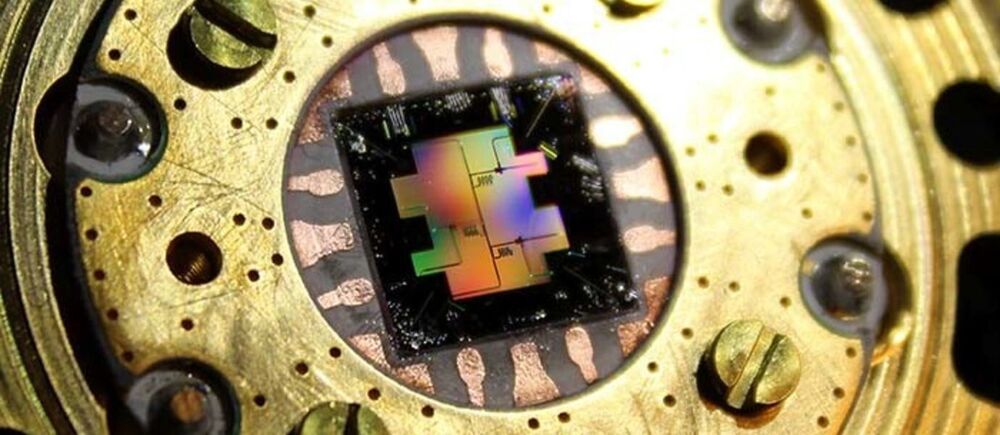When enough anomalies accumulate over time, paradigms change. We may be close to that inflection point right now. At this juncture of technoscientific progress, the boldest of us may admit that we’re overdue for the next post-materialist paradigm: Conventional scientific method is already bankrupt and needs to be supplanted by AI-powered quantum neo-empiricism, computational thinking and the cybernetic approach to reality.
#materialism #physicalism #philosophy #scientificmethod #evolutionarycybernetics
“The only reality is mind and observations but observations are not of things. To see the Universe as it really is, we must abandon our…
